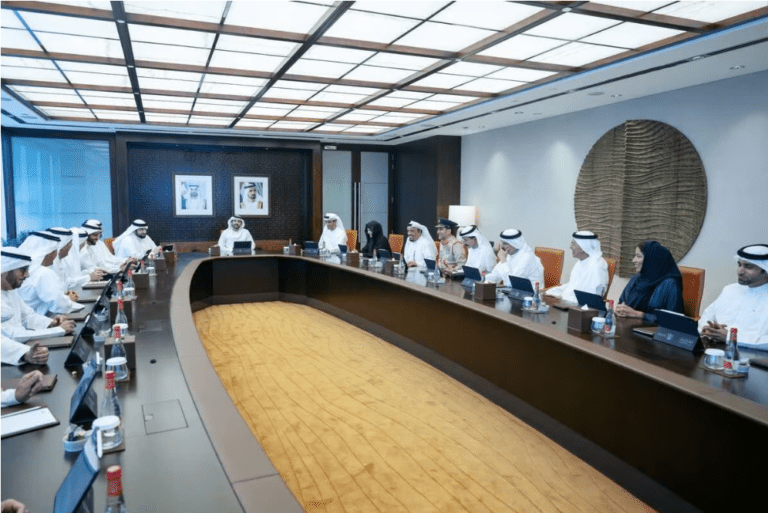Dubai has unveiled a comprehensive plan to transform its education sector by 2033, approved by H.H. Sheikh Hamdan bin Mohammed bin Rashid Al Maktoum, Crown Prince of Dubai and Chairman of The Executive Council. This initiative is part of several newly approved strategies, including the Real Estate Strategy 2033, which aims to boost Dubai’s real estate transactions to AED1 trillion by 2033. Additional plans include advancing transport infrastructure, transitioning to a cashless economy, and preserving the city’s heritage.
Sheikh Hamdan emphasized that Dubai’s growth, under the guidance of H.H. Sheikh Mohammed bin Rashid Al Maktoum, focuses on placing people at the heart of development.
The emirate is committed to becoming a global destination for living, learning, and investment while preserving family values and enhancing life quality.
The Education Strategy 2033 aims to overhaul Dubai’s education system to ensure world-class standards. Sheikh Hamdan noted: “Our strategy for a world-leading education system will foster lifelong learning and equip the next generation of national leaders, grounded in Emirati values and identity, to shape the future.”
He emphasized that this strategy is crucial in building a more advanced and adaptable education system that will nurture national talent. The Knowledge and Human Development Authority (KHDA) has been tasked with developing a student-centric model to enhance skills for future leadership.
The Real Estate Strategy 2033, closely aligned with the Dubai Economic Agenda D33, aims to enhance the value of the real estate sector. Sheikh Hamdan explained: “This strategy will raise real estate transactions to AED1 trillion and double the sector’s contribution to economic diversification.”
The education strategy aims to create a dynamic, future-focused learning environment that integrates international standards and emphasizes lifelong learning.
With support from 700 stakeholders, including parents and educators, the strategy will foster creativity, competitiveness, and essential life skills in students.
Additionally, the Dubai Cashless Strategy 2033 seeks to position Dubai as one of the top five cashless cities globally, ensuring widespread digital transactions. In tandem, Dubai’s transport strategy will aim to automate 25 percent of all trips by 2030, with a focus on integrating smart, sustainable transport solutions.
Finally, the Dubai National Archives Project will ensure the preservation of Dubai’s cultural and historical legacy, contributing to the city’s long-term vision for global leadership.


